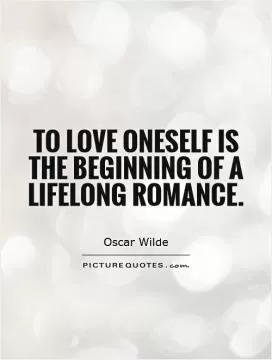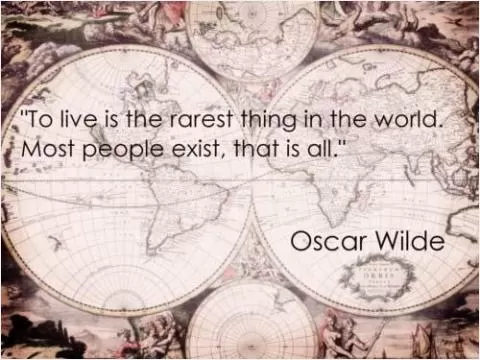Man is least himself when he talks in his own person. Give him a mask, and he will tell you the truth

Man is least himself when he talks in his own person. Give him a mask, and he will tell you the truth
Oscar Wilde, the renowned Irish playwright and author, was a master of wit and satire. Known for his sharp observations on society and human nature, Wilde often explored the complexities of identity and authenticity in his works. One of his most famous quotes, “Man is least himself when he talks in his own person. Give him a mask, and he will tell you the truth,” perfectly encapsulates his views on the masks we wear in our daily lives.In Wilde’s eyes, the concept of the mask represents the facade we present to the world, the persona we adopt to navigate social interactions and expectations. When we speak in our own person, we are often guarded and cautious, careful not to reveal too much of our true selves for fear of judgment or rejection. However, when we are given a mask, a metaphorical shield that allows us to hide behind a different identity, we are more likely to speak freely and honestly.
Wilde believed that the mask allowed individuals to express their innermost thoughts and feelings without fear of repercussions. By donning a mask, we are liberated from the constraints of societal norms and expectations, allowing us to reveal our true selves without reservation. In this sense, the mask becomes a tool for self-expression and authenticity, a means of revealing the hidden truths that lie beneath the surface.
Throughout his works, Wilde often explored the theme of masks and the duality of human nature. In his play “The Importance of Being Earnest,” the characters adopt false identities and personas to navigate the complexities of Victorian society, highlighting the absurdity of social conventions and the masks we wear to conform to societal expectations. Wilde’s characters often use wit and humor to expose the hypocrisy and superficiality of the world around them, challenging the audience to question the authenticity of their own identities.












 Friendship Quotes
Friendship Quotes Love Quotes
Love Quotes Life Quotes
Life Quotes Funny Quotes
Funny Quotes Motivational Quotes
Motivational Quotes Inspirational Quotes
Inspirational Quotes